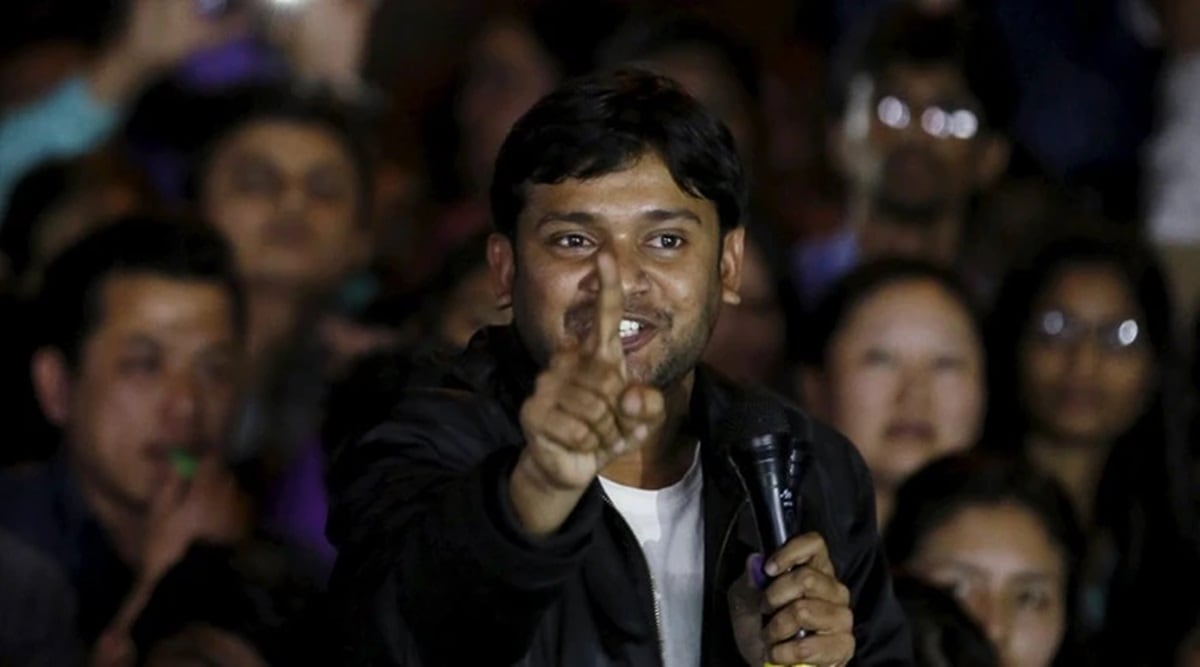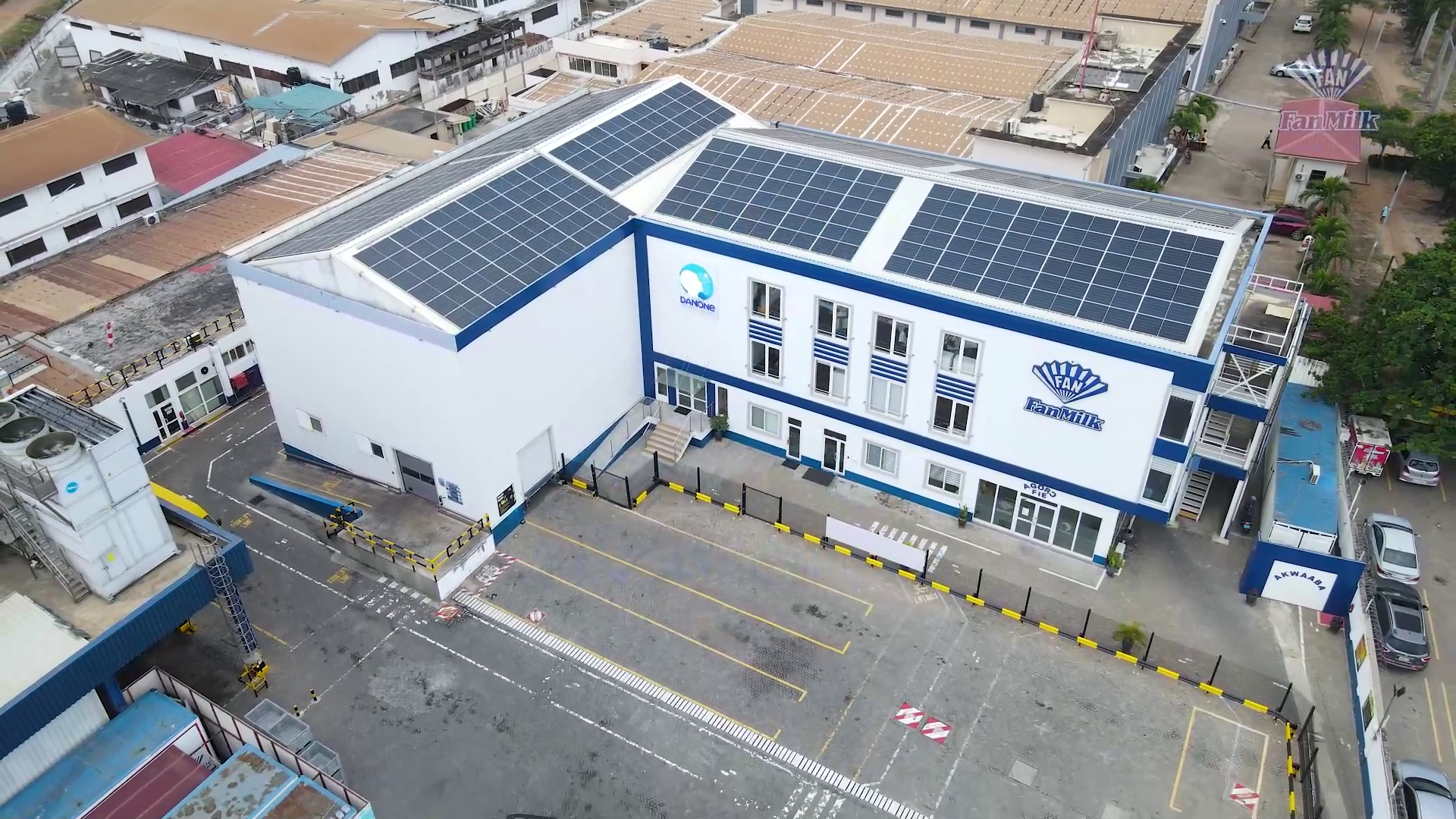In this medium and in many others, the negative impact that the pandemic has had on the education sector has been documented. School closures pushed countries to suddenly adopt a distance education model for which many were unprepared. The way in which the countries implemented this model and the length of time they had it in force varied substantially. Some countries, such as Spain, briefly closed their schools, returning to face-to-face education for more than a year. On the other hand, Latin American countries, such as Mexico, closed their schools for a longer time, returning to classes after a year and a half and in a hybrid way. Interestingly, the OECD points out that the countries with the worst results in the PISA evaluations are those who have had their schools closed the longest.
A major limitation of the education model to The distance in implementation in Mexico was that about half of the homes did not have internet or a computer, a large proportion of teachers were not skilled in the use of digital media for pedagogical purposes, and all the components of the Mexican educational system (educational plans). study, didactic materials, pedagogical practices, etc.) had been designed to be implemented in a face-to-face model. The national survey carried out by INEGI on the impact of COVID-19 on national education documents: 1) an increase in school dropouts in the population aged 3 to 29 years and 2) a poor effectiveness of the Learn at Home program, which is translates into significant learning disabilities.
Under these conditions, returning to school became an urgent necessity that even challenged the possible negative consequences in terms of the health of the communities educational. To mitigate possible infections in schools, the SEP proposed that the return be in a “hybrid” mode that, in reality, no one understands very well, starting with the teachers themselves. The only thing that is understood is that students will alternate to attend classes, and those who do not will learn online. However, it is not clear how this model will operate in practice. At the moment, I can see three scenarios:
Scenario 1. Schools install a teleconferencing system in each classroom, consisting of: a camera, a microphone , a computer and internet connection. The group of students is divided into two: group A attends classes on even days and group B on odd days. On even days the teacher gives classes to group A, while group B observes these classes on an electronic device at home. This process is reversed on odd days: group B attends classes and group A stays at home. In this scenario, the teacher can teach all the contents in sequence and answer the questions of his students in person.
Scenario 2. The group of students is divided into two: group A attends classes on even days and group B on odd days. On even days the teacher gives classes to group A, while group B reviews the distance materials that are available on the Internet or on television. This process is reversed on odd days; but unlike scenario 1, the teacher has to repeat the contents exposed to group A. In this way, only half of the curricular contents can be taught and, due to lack of time, the teacher will not be able to attend the students who study at distance.
Scenario 3. The group of students is divided into two: group A attends classes daily and group B does not attend classes. The teacher can teach all the contents in sequence and answer the doubts of his students in group A. Group B learns at home, but without the help of the teacher, due to not having time.
In summary, hybrid education makes the pedagogical practice of teachers more complicated, since it demands a double job: serving two groups of students in different modalities and simultaneously. If to this is added that schools do not have the resources to install a modest video conferencing system, or to hire aides to assist teachers, it is clear that students will suffer the consequences and will continue to lose opportunities to learn. More complex and pessimistic scenarios can be visualized if one thinks about the way in which the hybrid model could be implemented in multigrade, rural and indigenous schools.
Therefore, the The idea of implementing a hybrid education model in Mexico, without the injection of the necessary resources and support, is just a chimera; similar to the promise to make the Mexican health system equivalent to the Danish one. Hopefully and I’m wrong.
President of the Board of Directors of Metrica Educativa, AC
@EduardoBackhoff
Note: This article has been indexed to our site. We do not claim legitimacy, ownership or copyright of any of the content above. To see the article at original source Click Here











